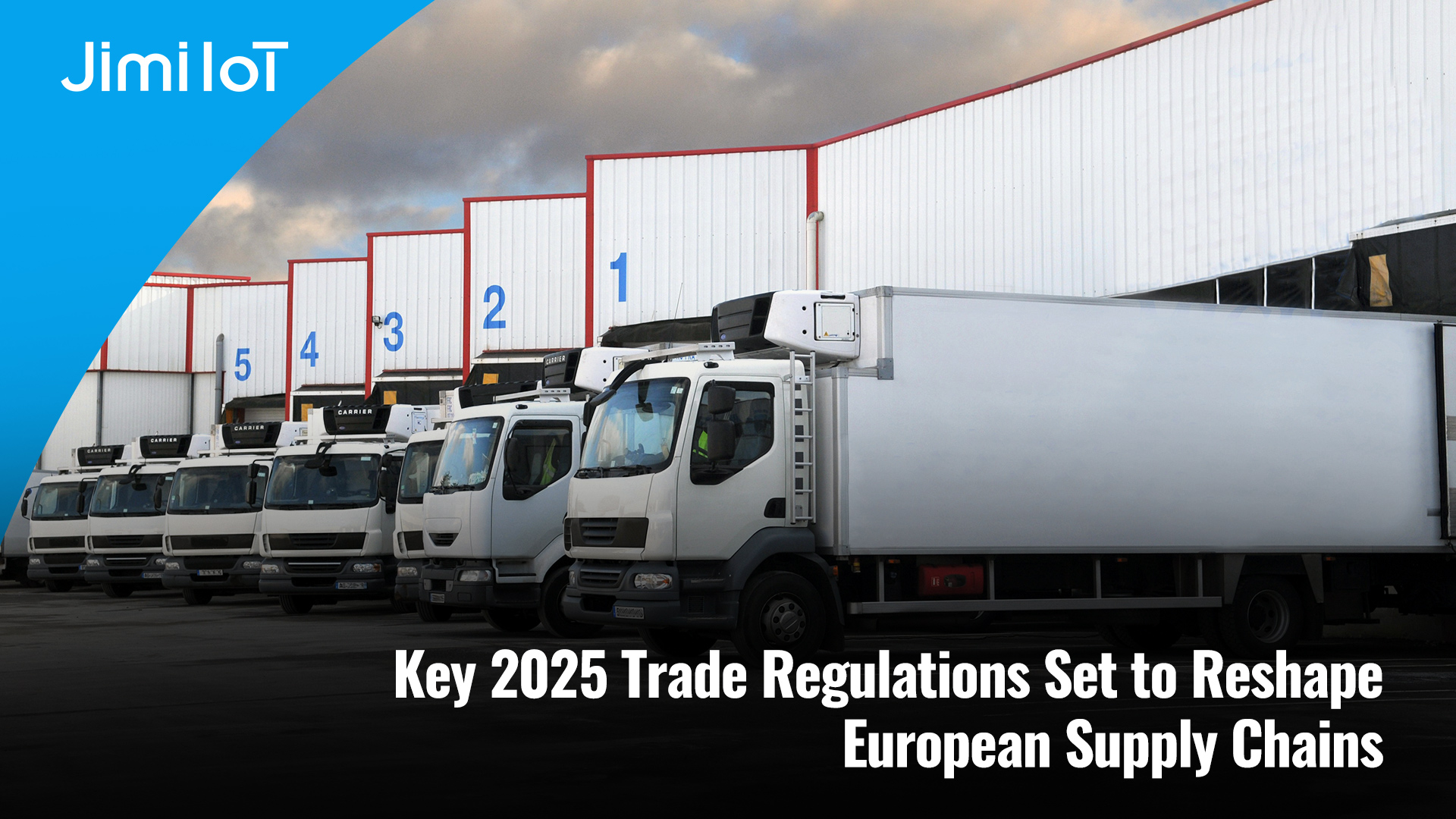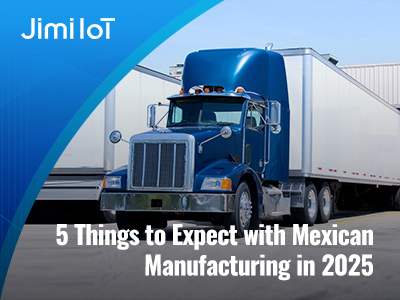Introduction
As 2025 approaches, businesses must navigate significant updates to trade regulations impacting European supply chains. These changes, spanning customs requirements and compliance mandates, hold the potential to redefine operational strategies for cross-border trade. Adapting to these shifts is no longer about mere compliance but unlocking strategic value through efficient customs practices.
This article highlights the critical trade regulations taking effect in 2025 and provides actionable insights for businesses preparing to align with the evolving landscape.
Carbon Border Adjustment Mechanism (CBAM)

The EU’s Carbon Border Adjustment Mechanism (CBAM) aims to place a carbon price on specific imported goods such as steel, aluminium, and cement. Since 2024, companies have been required to submit quarterly CBAM reports, with significant shifts planned for 2025:
Preparing for 2026 Mandates: Declarants can begin applying for “authorised CBAM declarant” status, mandatory from January 1, 2026.
Mandatory Full Reporting: Beginning January 1, 2025, declarants must use the EU methodology for emission calculations, replacing the use of default values.
Enhanced CBAM Registry Features: A new portal section will allow non-EU installation operators to share emissions data directly with EU reporting entities.
Businesses must upgrade their reporting frameworks to meet these stringent requirements, ensuring a seamless transition while minimizing compliance risks.
EU Deforestation Regulation (EUDR)
The EU Deforestation Regulation(EUDR) seeks to prevent the import of products linked to deforestation, addressing the environmental impacts of agricultural expansion. Companies dealing with regulated commodities will face the following:
- Due Diligence Requirements: Businesses must implement systems to verify that their products are deforestation-free, backed by robust documentation and risk assessments.
- New Compliance Deadlines: Large companies have until December 30, 2025, while small and micro-enterprises must comply by June 30, 2026.
Despite these extended timelines, proactive compliance efforts are crucial. Early adoption of due diligence measures can provide a competitive advantage and mitigate risks of non-compliance.
Ecodesign for Sustainable Products Regulation (ESPR)
The Ecodesign for Sustainable Products Regulation (ESPR) introduces measures to transition toward a circular economy by improving product sustainability. Key elements include:
- Digital Product Passport (DPP): A technical rollout is underway, with details on compliance requirements expected in early 2025.
- Prioritized Products List: The first ESPR working plan will identify priority products for ecodesign requirements in the first half of 2025.
Businesses should prepare to incorporate DPP-related data into their operations and monitor upcoming requirements to ensure alignment with sustainability goals.
Safety and Security Declarations for EU-UK Imports
After multiple delays, the UK will implement safety and security declaration requirements for EU imports on January 31, 2025. Key considerations include:
- Reduced Data Fields: The ENS will require 20 mandatory fields, simplifying submissions.
- Collaboration Across Supply Chains: Successful compliance demands seamless communication among carriers, hauliers, and customs agents to avoid border delays.
By fostering greater transparency and collaboration, businesses can minimize disruptions and streamline border processes.
European Union Combined Nomenclature (CN) Updates
Effective January 1, 2025, a revised version of the EU Combined Nomenclature will dictate how goods are classified for customs duties and statistical purposes. Businesses must:
- Update Master Data: Reflect updated CN codes in customs declarations to avoid fines, delays, and compliance errors.
- Ensure Operational Readiness: Establish robust internal systems to address the classification changes.
Engaging with customs experts can help organizations adapt swiftly to these updates, safeguarding the smooth movement of goods.
Why Businesses Must Act Now
The regulatory landscape for European supply chains in 2025 presents both challenges and opportunities. Companies that prioritize compliance readiness can leverage these changes to enhance operational efficiency, minimize risks, and unlock new growth potential.
Working with a trusted customs partner, such as Maersk Customs Services, can help businesses manage the complexities of these regulations effectively. By transitioning from transactional customs management to a strategic approach, organizations can derive greater value from their trade operations.
For tailored support in preparing your business for the 2025 trade regulations, contact our team or explore our services to ensure compliance and operational excellence.
Why JimiIoT
JimiIoT is a global leader in innovative IoT solutions. We provide cutting-edge hardware and software tailored to enhance efficiency and connectivity. Our range of products includes advanced GPS tracking devices, asset management solutions, smart vehicle dashcams, and telematics platforms. With a focus on technological excellence and customer satisfaction, we empower businesses to optimize operations and gain valuable insights from data-driven analytics. Trust JimiIoT to drive positive change and unlock growth opportunities in the digital age.
If you would like more details, please visit Facebook, LinkedIn, INS, and Twitter pages for further information.
